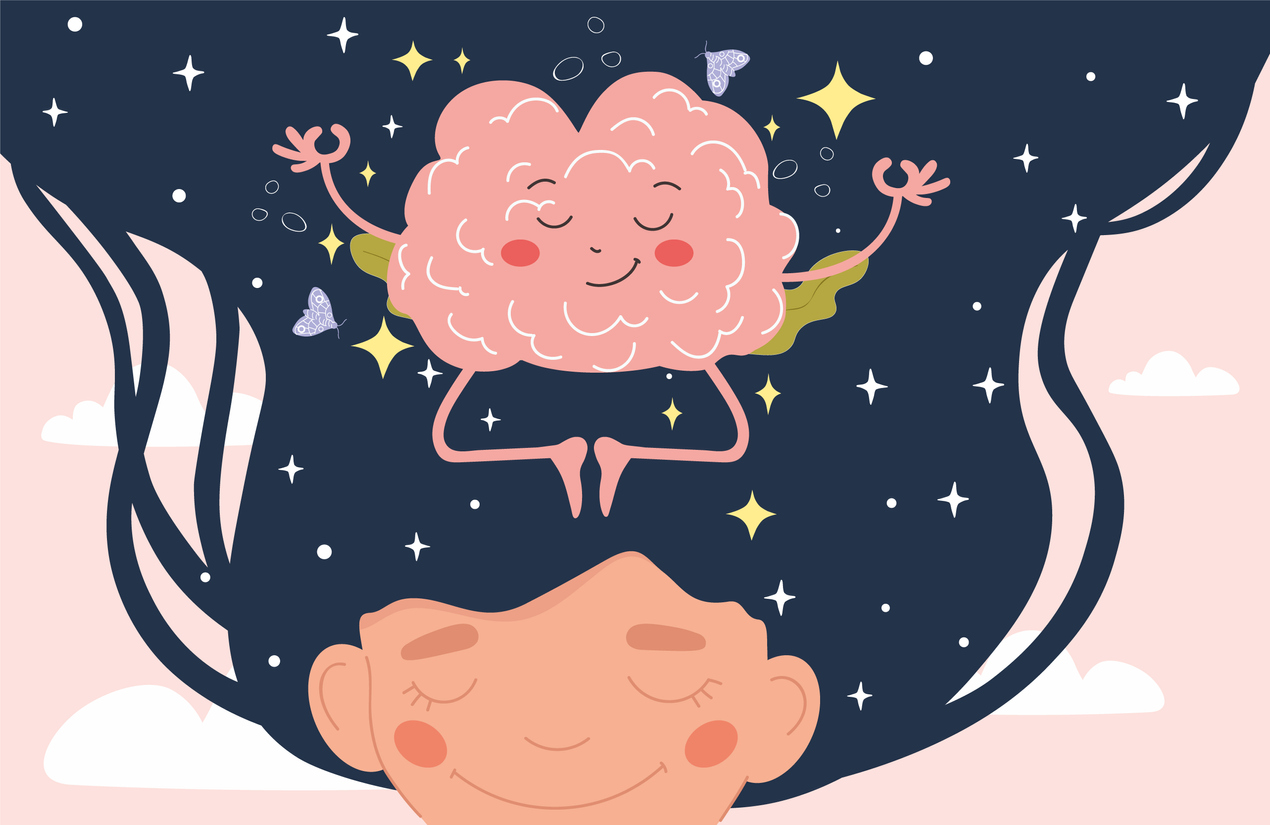Living with Chronic Pain
5 Tips for Coping With Chronic Pain and Depression

372 people found this helpful
Print
Share
Save
Chronic pain symptoms can cause depression, and depression can increase the perception of pain. It often becomes a vicious cycle, so it is important to manage both with a multidisciplinary approach.
The following five tips can help manage depression associated with chronic pain:
- Recognize stressors that increase pain.
Tracking pain, symptoms, and activities can help identify any stressors that may trigger pain. Journaling can help monitor stressors that trigger pain symptoms. Also, a journal can be shared with a health care professional to receive the best treatment possible. - Determine an early diagnosis of depression.
Consult with a health care professional if any of these symptoms of depression are experienced: feeling sad or anxious, lack of motivation or energy, lack of interest in activities once enjoyed, feelings of despair, changes in appetite, or changes in sleep patterns. Early diagnosis of depression associated with chronic pain conditions provides the opportunity to treat the condition before it progresses. - Use a multidisciplinary approach.
When chronic pain disrupts activities, relationships, jobs, and finances, depression symptoms often increase. In order to receive proper help, both a physician and mental health professional should be consulted and informed of specific symptoms. A multidisciplinary team is often the best approach. - Try physical therapy.
Physical activity is often avoided due to symptoms of chronic pain, but gentle exercise is crucial for pain management and depression treatment. Chronic pain can increase with lack of exercise, resulting in increased depression for those with both conditions. A physical therapist can provide safe exercises for individuals with chronic pain. - Explore alternative treatment options.
Although conventional treatment methods for chronic pain and associated depression often include medication and psychotherapy, alternative treatment options include progressive muscle relaxation, meditation and hypnosis.


















